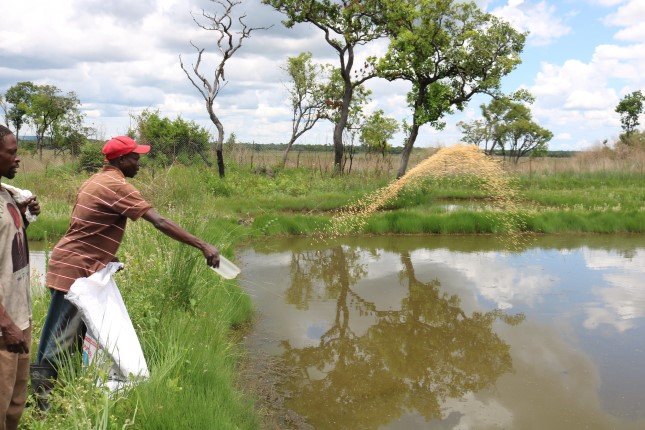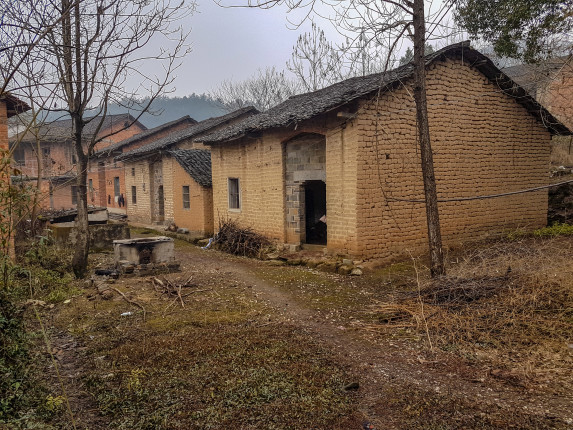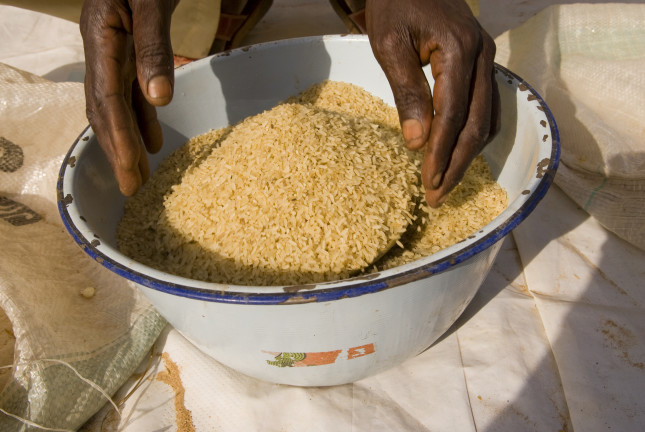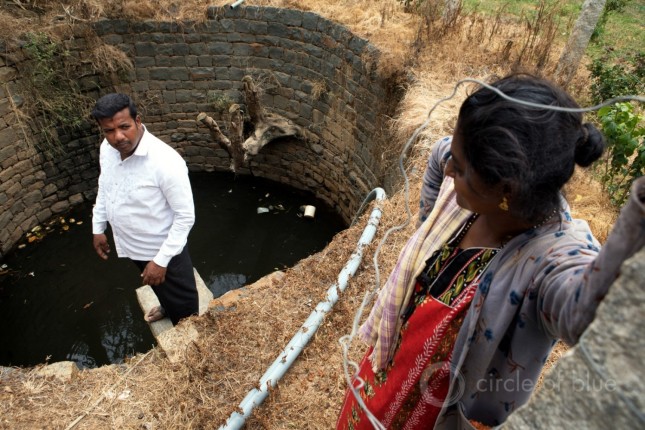-
Pig Disease is Creating a Mountainous Solid Waste Problem
›
On a rainy July afternoon in 2017, I was in Jinhua, China, a city just south of Shanghai, to visit a pig farm. This was not just any pig farm—the Mebolo farm grows pigs that become the prized Jinhua Hams, a Chinese delicacy for nearly 1500 years. Long before Italians produced prosciutto and the Spanish their Jamón serrano ham, Marco Polo discovered Jinhua ham in the 13th century and brought ham-making techniques back to Europe.
-
Urban Elites’ Livestock Exacerbate Herder-Farmer Tensions in Africa’s Sudano-Sahel
› In recent years, conflict between herders and farmers for access to increasingly scarce natural resources in Africa’s Sudano-Sahel has escalated. While the problems fueling these tensions are both hyper-local and transnational in nature, one important piece of the puzzle has been overlooked. The real “elephant in the room” is who owns the livestock.
In recent years, conflict between herders and farmers for access to increasingly scarce natural resources in Africa’s Sudano-Sahel has escalated. While the problems fueling these tensions are both hyper-local and transnational in nature, one important piece of the puzzle has been overlooked. The real “elephant in the room” is who owns the livestock. -
From Farm to Table to Landfills? Seeking Solutions to China’s Food Waste Dilemma
›
In a giant building filled with dark and humid rooms, some 2 billion cockroaches are scampering around piles of food. This is not a scene out of a horror film, but an innovative business venture to help Jinan, a “small” city of 9 million in northeast China, deal with its overfull food waste. Jinan produces more than 6,000 tons of solid waste each day, and like most Chinese cities, 50 to 70 percent of it is food waste. To divert more organic waste from landfills, the municipal government partnered with the Zhangqiu District Food Waste Processing Center to use cockroaches to dispose of the 60 tons of food waste daily from district restaurants and companies as well as households in 40 waste-sorting pilot villages. The company is highly profitable as it gets the food waste for free from the city; and city then gives subsidies for each ton of food waste processed. The company also sells some 2,433 tons of dead cockroaches each year as animal feed additives. However, the small six-legged workers only devour some 100 tons of food waste per day even with expansion plans for two new factories, a mere 1.6 percent of the city’s total waste. Cockroaches alone cannot conquer the city’s food waste challenge.
-
Better Water Security Translates into Better Food Security
›
“Food production is the largest consumer of water and also represents the largest unknown factor of future water use as the world’s population continues to balloon, and we face increasing weather-related shocks and stresses,” said Laura Schulz, Acting Deputy Assistant Administrator in USAID’s Bureau for Economic Growth, Education and Environment. She spoke at “Feeding a Thirsty World: Harnessing the Connections Between Food and Water Security,” an event sponsored by the Wilson Center, Winrock International, the Sustainable Water Partnership, and USAID. Currently about 70 percent of global water goes to agriculture, a number that is projected to rise “as high as 92 percent,” said Rodney Ferguson, the President and CEO of Winrock International.
-
China’s Hollow Villages Undergo a Transformation
›
As an agricultural engineering professor, I was excited to visit and tour the farm village Houbali, in southwestern Shandong Province. I found myself standing among newly constructed high-rise buildings, a vastly different community than I had expected to encounter. A bicycle repair shop was setting up alongside other bustling businesses in the first-floor storefronts. Farm families occupied apartments in the upper floors and a beautifully landscaped park and playground were a short walk away. This neighborhood looked like a transplant from Beijing, but these modern buildings were a newly developed farm village surrounded by agricultural fields. The new buildings brought together the residents of four old, nearly empty or “hollow” villages.
-
New Report Pushes for Greater Focus on Resilience in Feed the Future’s Work in Nigeria
›
“We are suggesting the tilt to resilience [in Nigeria] is not fully evident,” said Julie Howard, Senior Advisor with the Center for Strategic and International Studies’ (CSIS) Global Food Security Project. She spoke at a recent CSIS event launching a new report, Risk and Resilience: Advancing Food and Nutrition Security in Nigeria through Feed the Future. The report critiques the USAID global food security and hunger program, Feed the Future, which is attempting to expand on its work reducing poverty and malnutrition by adding a third priority: building resilience in the second phase of its campaign.
-
Targeting Infrastructure Undermines Livelihoods in the West Bank
›
In many Middle Eastern wars, targeting civilian infrastructure has become all too common. As we documented in a previous article, both state and non-state actors in wars since 2011 in Libya, Syria, and Yemen have targeted water, sanitation, and energy facilities to displace urban populations, punish civilians, and render local attempts to provide public services untenable. Destroying environmental and civilian infrastructure directly undermines livelihoods and human security.
-
Groundwater Scarcity, Pollution Set India on Perilous Course
›
Doula Village lies 55 kilometers (34 miles) northeast of New Delhi on a flat expanse of Uttar Pradesh farmland close to the Hindon River. Until the 1980s Doula Village’s residents, then numbering 7,000, and its farmers and grain merchants, thrived on land that yielded ample harvests of rice, millet, and mung beans. The bounty was irrigated with clean water transported directly from the river, or with the sweet groundwater drawn from shallow wells 7 meters (23 feet) deep.
Showing posts from category agriculture.


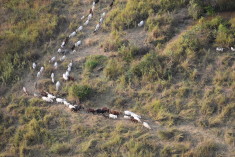 In recent years, conflict between herders and farmers for access to increasingly scarce natural resources in Africa’s Sudano-Sahel has escalated. While the problems fueling these tensions are both hyper-local and transnational in nature, one important piece of the puzzle has been overlooked. The real “elephant in the room” is who owns the livestock.
In recent years, conflict between herders and farmers for access to increasingly scarce natural resources in Africa’s Sudano-Sahel has escalated. While the problems fueling these tensions are both hyper-local and transnational in nature, one important piece of the puzzle has been overlooked. The real “elephant in the room” is who owns the livestock.
